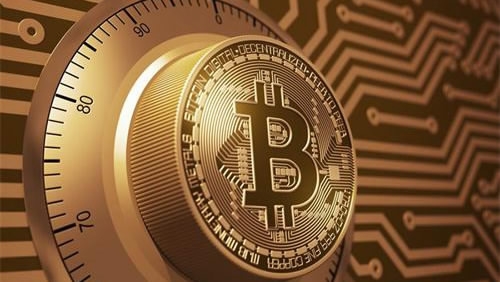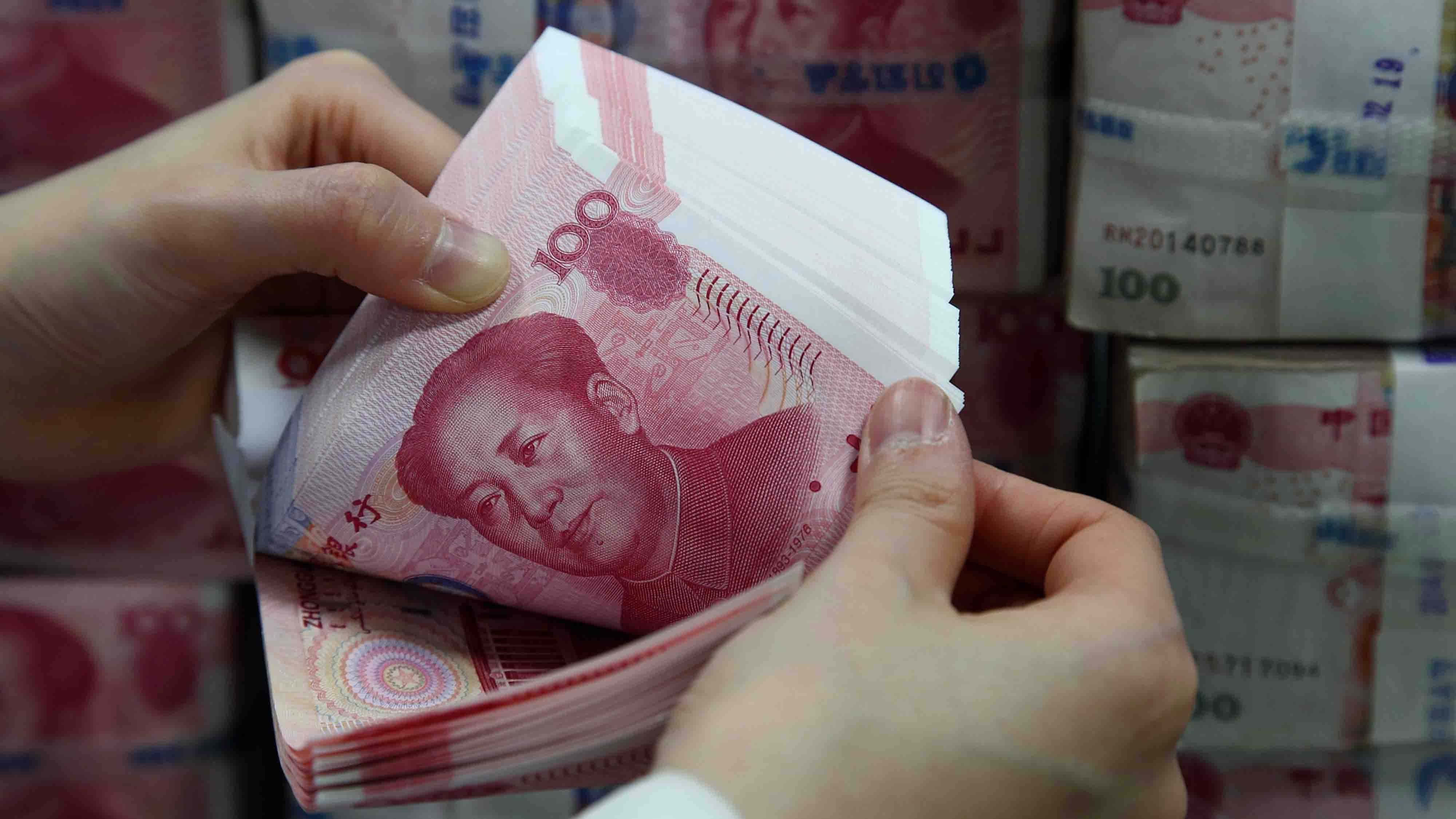
Opinions
16:33, 25-Sep-2017
Opinion: Spread of ESGs could herald new global movement
By Frank-Jürgen Richter from Global Times

An ESG is a financial product that complies with environmental, social and governance rules, and until recently it was just part of financiers' jargon — their chat is full of short-form acronyms that many of us do not understand. But ESG has recently come into common parlance. This is good, as it represents a new global inclination to save the planet and ourselves from investments we do not understand.
Of course, working together in this way is a splendid idea; it creates efficiencies and develops innovative solutions supporting emerging worldwide goals, with many set within the UN Sustainable Development Goals to be met by 2030. ESGs are fast becoming a vital set of criteria for investment development and they demand new measurements of company performance. But there are much broader and more subtle aspects to this movement.

Illustration by Peter C. Espina / Global Times Photo
Illustration by Peter C. Espina / Global Times Photo
Cheating has been commonplace ever since lending and borrowing became institutionalized. William Shakespeare in 1596 aptly commented upon "… this pound of flesh" as something that is owed and ruthlessly claimed in repayment. In more modern times there was the Asian Financial crisis in 1997 expanding out of Thailand, as banks were seen to be over-indebted and could not pay back their customers. China learned much from that and developed its sovereign reserves, thus helping it to weather the 2008 global financial crash emanating from the US. These crashes forced central banks to increase regulation and oversight as well as developing fresh rules such as the 2010 Dodd-Frank Act reforming Wall Street investment and curbing speculation.
The EU in 2004 developed the Markets in Financial Instruments Directive, which will be updated by January 2018 as MiFID II (yet another acronym). Although these rulings are primarily US or EU-based, they include all the global operations of firms registered in either the US or EU, in an effort to restrict global corruption.
But it is well known that corruption is still widespread, as is the fact that it is the poorest who suffer the most, often losing their jobs if a firm ceases trading while the corrupt boss with good legal aid may well escape punishment. There are many economies that suffer from corruption, especially among the developing nations.

Still from TV drama “In the Name of the People”, the first major Chinese production on the subject of corruption. / CFP Photo
Still from TV drama “In the Name of the People”, the first major Chinese production on the subject of corruption. / CFP Photo
The developed world is not exempt, as regulators and the judiciary often bring wrongdoers to trial. One instance is the Libor scandal that was perpetuated by major global banks. The banks falsely set the London Interbank Offered Rate (Libor), which is the average interest rate underpinning well over 350 trillion US dollars in derivatives. The skewed rate benefited the banks in question. The perpetrators have been removed from office and new regulations devised. However, few people connected with this crime have been convicted as the evidence against them was not strong enough, though banks have been heavily fined for allowing the fixing to take place.
Other heavy fines for banks have concerned their non-disclosure of hidden savings. Swiss banks have long been known as secretive, closely guarding their clients' assets — as are certain offshore tax havens. Now global regulations demand that banks open their lists to the relevant tax authorities and failure to do so has resulted in massive fines. This means that rich people have fewer places to hide their undeclared gains.

CFP Photo
CFP Photo
Also, India recently scrapped the use of large-denomination currency notes to crimp their black economy. That shock caused some havoc and temporarily reduced its quarterly growth figures and reduced the wealth of the super-rich by 1 percent. In the future India may halt the use of credit cards, moving instead to biometrics — validating transactions by an eye or thumb scan.
I began this piece by suggesting that ESGs are blossoming worldwide. It may be a case of there being a time when influential individuals all have the same idea at approximately the same time. This is noticeable in science when breakthroughs happen in different parts of the world by groups apparently unconnected to each other. Of course they are not "unconnected" as they will have studied the same things and been to the same conferences, but the groundswell ensures the development bursts forth.
Perhaps it is time for the world to become more transparent, more inclined to observe better environmental practices, to support better social policies and to adhere to strongly principled rules of governance applied to political as well as commercial practice. We are all facing huge global pressures — it is time to be concerned about our future and it is time for strong global leadership.
The 19th National People's Congress in October may be a defining moment for China to define new developments for the world's second-largest economy.
(This piece was originally published on Global Times. The author is the founder and chairman of Horasis, a global visions community. The article reflects the author’s opinion, not necessarily the view of CGTN.)
Source(s): Global Times

SITEMAP
Copyright © 2018 CGTN. Beijing ICP prepared NO.16065310-3
Copyright © 2018 CGTN. Beijing ICP prepared NO.16065310-3